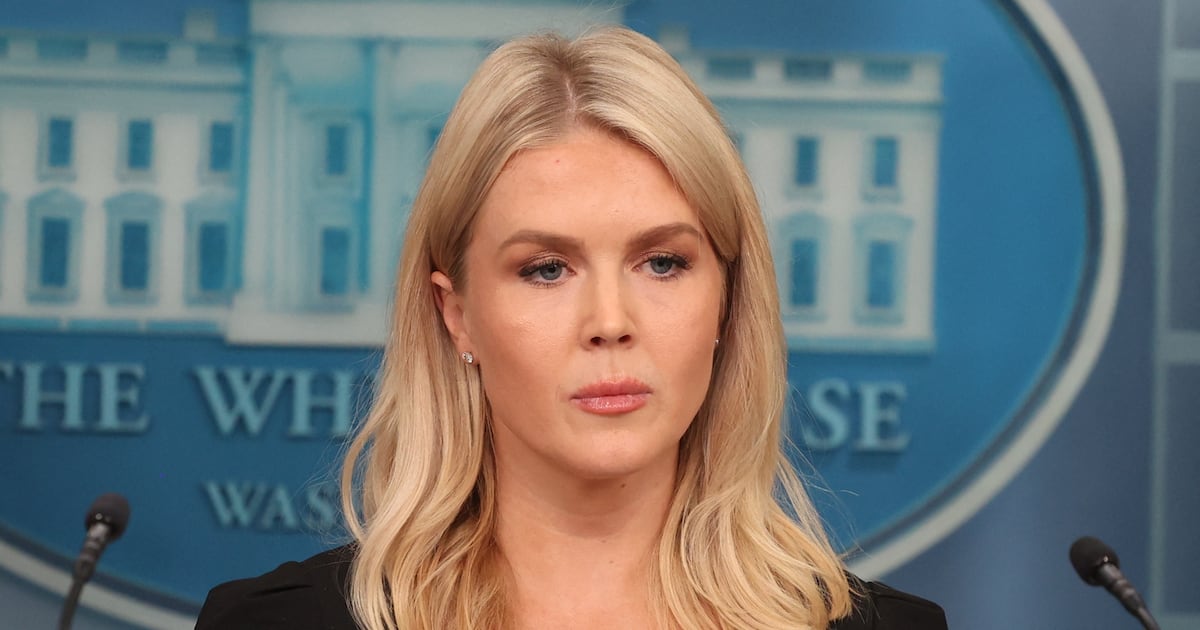MOSCOW — Nagorno-Karabakh, an enclave in Azerbaijan that became breakaway republic backed by Armenia in all spheres of life, has been living in a not-quite-frozen state of war since 1994. Every schoolboy in the mountainous little republic has grown up knowing that after graduation he will put on a uniform and join the military to police the unstable cease-fire. The republic’s 150,000 people, mostly ethnic Armenians, remember rockets destroying apartment buildings in the fighting more than 20 years ago, and have long feared that their worst nightmare of full-scale war would return.
Now it looks like it has.
The war woke up on Saturday night with both sides of the front using armored vehicles, battle tanks, and aviation, launching multiple rockets, and shooting artillery at each other. Over 30 people were killed and dozens wounded in the worst combat in the last two decades.
The regional implications are hard to miss. Armenia is one of Russia’s closest allies and Turkey immediately backed up Azerbaijan at a time when relations between Moscow and Ankara are bitter and vindictive. Given the war in Syria, where Russia and Turkey back opposing sides, and Turkey shot down a Russian warplane in November, the current eruption between Armenia and Azerbaijan is even more geopolitically dangerous than two decades ago.
On the eve of violent clashes Azerbaijan’s President Ilham Aliyev and Armenia’s President Serzh Sargsyan were attending the Nuclear Summit in Washington, but obviously had no chance to shake hands and make peace to prevent the tragedy.
Among the first victims of the latest violent clashes in Nagorno-Karabakh were children: a 12 year old boy, Vaginak Grigorian, was killed in the cross fire by one of Azerbaijan’s Grad multiple-rocket launchers, the Armenian papers reported; two more children were wounded among dozens of civilian victims. On Monday, the Karabakh ministry of defense claimed its forces had destroyed 19 of Azerbaijan’s tanks, and posted dreadful images on Twitter of buildings shelled the night before, of burned vehicles, of dead bodies, and of victims covered in blood.
The Armenian government claimed that a bus with Armenian volunteers going to Karabakh was hit by an Azerbaijani drone. Five volunteers were killed.
Azerbaijan meanwhile reported on dozens of casualties.
It would be hard to overstate the dependence of the Armenian contingent on Moscow. Nagorno-Karabakh’s officials told The Daily Beast in interviews last summer that neither Armenia nor Nagorno-Karabakh could survive without Russia’s support in the conflict with Azerbaijan.
In 2014 Armenia joined Vladimir Putin’s dream project, the Eurasian Economic Union, together with Belarus and Kazakhstan. Armenian military doctrine holds that Russia is the guarantor of the country’s military security, and in the last few years Russia equipped its military bases in Armenian Gyumri and Erebuni with MiG-29 fighters, Mi-24 helicopters, as well as with more than 70 tanks, armored vehicles and artillery systems.
Last December, Russia delivered new helicopters to its aviation base in Erebuni. In February Moscow announced it was selling $200 million worth of arms to Armenia.
But, here’s the rub: at the same time, Russia sold hundreds of tanks to Armenia’s long time enemy, Azerbaijan.
Last year the contracts for Russian military exports to Azerbaijan included armored vehicles, artillery and mortar systems.
While in Yerevan, Armenia’s capital, many wondered what else they had to do to prove their loyalty and devotion to the Kremlin, in Moscow it was clear that President Putin needed Azerbaijan as Russia’s ally, too, especially as relations between Russia and Turkey worsened.
There are many reasons it’s not in the Kremlin’s interest to lose Azerbaijan’s friendship. In 2014 Russia’s Rosneft and Azerbaijan’s Socar oil companies created a joint venture to explore oil and gas fields together in both countries, and Azerbaijan’s exports to Russia have been growing.
Experts both in Moscow and in Baku believe that president Putin would do almost anything to avoid a full-scale conflict between Russia and Azerbaijan. “Putin cannot afford to lose Azerbaijan, he would do everything to negotiate the peace for Nagorno-Karabakh now,” an independent political analyst, Dmitriy Oreshkin, told The Daily Beast on Monday. Foreign Minister Sergei Lavrov was planning to visit Baku, the capital of Azerbaijan, this week, while Russian Prime Minister Dmitriy Medvedev planned to visit Yerevan, the capital of Armenia.
Many in Yerevan wish that U.S. President Barack Obama had managed somehow to play a peacemaker’s role in Washington last week to prevent the escalation of Nagorno-Karabakh conflict. That was not to be. But, as Armenian parliament member Tevan Poghosyna told The Daily Beast, “If the international community does not manage to stop the war now, several countries might be involved in the conflict, including Turkey, Saudi Arabia and Pakistan supporting Azerbaijan and Russia, we hope, supporting Armenia.”
Another descent into chaos and proxy war is, to be sure, the last thing the world needs right now.






